Get Poison Ivy Removal in Delaware County, PA
Local contractors in Delaware County, PA, can remove poison ivy from yards, fences, and trees to prevent skin irritation and protect property landscapes.
If you're dealing with poison ivy on your Delaware County property, finding reliable removal services is an important step toward maintaining a safe and healthy outdoor space. Property owners often seek professional help to effectively eliminate this plant, especially when it grows in hard-to-reach areas or poses a risk to children, pets, or visitors. Exploring options from local contractors can ensure the work is handled efficiently and safely, giving you peace of mind as you plan your landscape or outdoor projects.
Comparing different service providers in the area can help identify experienced professionals who understand the specific challenges of poison ivy removal in Delaware County. Whether you're preparing for a landscaping overhaul or simply want to clear a problematic patch, connecting with trusted local experts can make the process smoother. Keep reading to learn more about how qualified service providers can assist with your property needs and help you make informed decisions about managing poison ivy effectively.
- Poison Ivy Removal - needed when plants are growing near walkways or outdoor living areas in neighborhoods across Delaware County, PA.
- Poison Ivy Removal - required when invasive plants threaten landscaped yards in communities like Drexel Hill or Media.
- Poison Ivy Removal - necessary for properties with overgrown brush or wooded areas in nearby suburbs.
- Poison Ivy Removal - sought after when plants are encroaching on fencing or garden beds in residential neighborhoods.
- Poison Ivy Removal - essential for maintaining safety around playgrounds and outdoor recreational spaces in local parks.
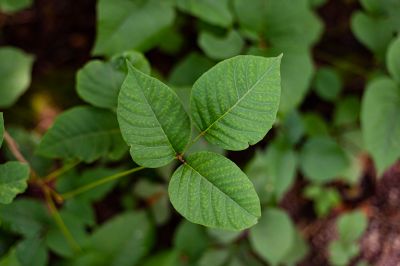
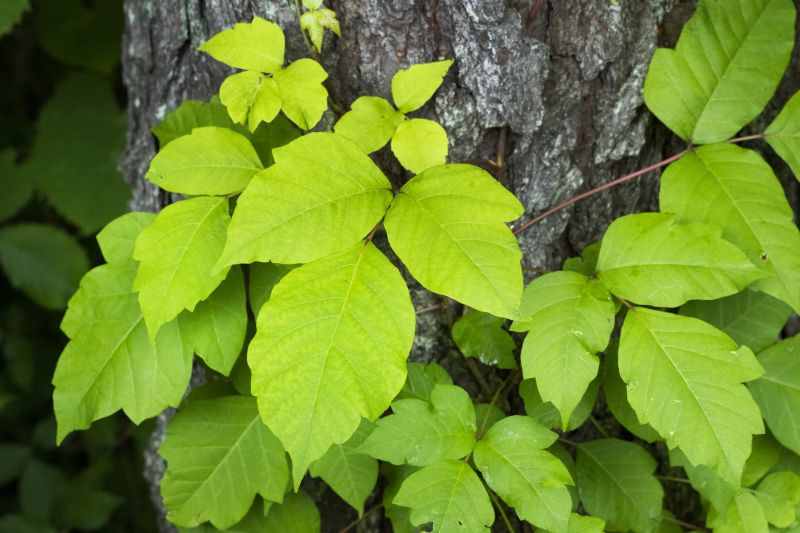
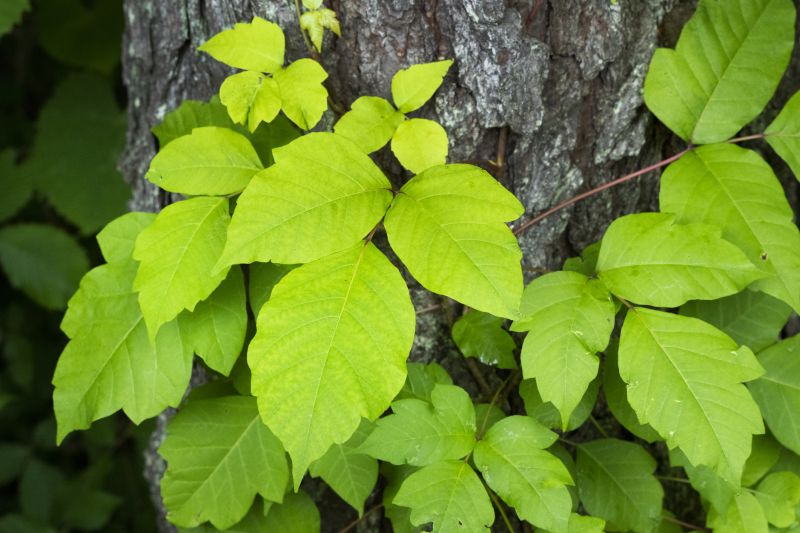
Poison ivy removal services involve the careful identification and eradication of this invasive plant from residential properties. Trained service providers use specialized tools and techniques to safely eliminate poison ivy, preventing it from spreading further across lawns, gardens, or wooded areas. The process typically includes assessing the extent of the growth, removing the plants at their roots, and advising on proper disposal methods to ensure the plant does not pose a continued risk. This service helps homeowners restore the safety and appearance of their outdoor spaces while reducing the risk of skin irritation and allergic reactions caused by contact with poison ivy.
Poison ivy can cause a variety of problems for property owners, especially those who enjoy outdoor activities or have children and pets. Contact with the plant can lead to uncomfortable skin rashes, blisters, and itching, which can be persistent and difficult to treat. Additionally, if poison ivy is allowed to spread unchecked, it can quickly take over large portions of a yard, making outdoor spaces unusable or unappealing. Removing the plant early and thoroughly can prevent these issues, enabling families to enjoy their yards without worry and maintaining a safe environment for everyone.
This type of service is commonly used on a variety of property types, including single-family homes, farms, and recreational properties. Homes with wooded areas, overgrown landscapes, or shaded lawns are often more susceptible to poison ivy growth. Commercial properties such as parks, golf courses, and outdoor recreation areas also frequently require poison ivy removal to ensure safety for visitors and staff. In suburban neighborhoods with dense greenery, property owners may seek these services to maintain clear, safe outdoor spaces. Regardless of the property type, professional removal can help manage and control poison ivy growth effectively.
Homeowners who notice patches of poison ivy on their property or observe signs of its spread should consider professional removal services. This is especially important if the plant is growing near play areas, walkways, or outdoor furniture, where accidental contact is more likely. Property owners may also opt for removal if they are planning landscaping projects or outdoor renovations, to ensure the area is safe and free from invasive plants. Connecting with experienced local contractors can provide peace of mind, knowing that the job will be handled safely and thoroughly, helping to keep outdoor spaces safe and enjoyable for everyone.
The overview below groups typical Poison Ivy Removal projects into broad ranges so you can see how smaller, mid-sized, and larger jobs often compare in Delaware County, PA.
In many markets, a large share of routine jobs stays in the lower and middle ranges, while only a smaller percentage of projects moves into the highest bands when the work is more complex or site conditions are harder than average.
Smaller Jobs - For routine poison ivy removal on small areas, local contractors typically charge between $250 and $600. Many residential jobs fall within this range, especially for single yards or limited patches.
Medium-Sized Projects - Larger yards or multiple areas can cost between $600 and $1,200, depending on the extent of the infestation and accessibility. These projects are common for homeowners seeking comprehensive removal.
Extensive or Difficult Jobs - Properties with dense growth or hard-to-reach spots may see costs from $1,200 to $2,500. Fewer projects reach this level, often requiring specialized equipment or extensive labor.
Full Property Removal or Land Clearing - Larger, more complex projects can exceed $5,000, especially for extensive land clearing or property-wide poison ivy eradication. These are less common but necessary for large-scale overgrowth.
Actual totals will depend on details like access to the work area, the scope of the project, and the materials selected, so use these as general starting points rather than exact figures.
Tree and Shrub Removal - this project involves removing overgrown or unwanted plants, requiring similar planning and tools used in poison ivy removal to ensure safety and proper disposal.
Landscape Clearing - clearing brush and undergrowth in preparation for new planting or construction shares techniques with removing invasive plants like poison ivy.
Fence Line Maintenance - managing vegetation along property boundaries involves trimming and clearing plants, often requiring careful identification and removal of hazardous growths.
Storm Damage Cleanup - removing fallen branches and debris from storm damage involves similar safety precautions and equipment used in vine and plant removal.
Wildlife Habitat Management - controlling overgrown areas to prevent unwanted animal nesting shares skills in vegetation management and site assessment.
Ground Cover Removal - stripping away invasive or unwanted ground plants involves similar techniques for safe and effective plant removal in outdoor spaces.
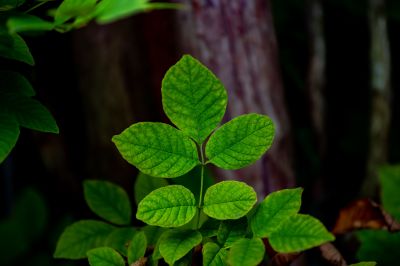
When selecting a professional to handle poison ivy removal, it’s important to evaluate their experience with similar projects. Homeowners should look for service providers who have a proven track record of safely and effectively removing poison ivy from residential properties. Asking for details about past work can help determine if a contractor has the right background to handle the specific challenges of your yard, such as dealing with dense growth or sensitive landscaping nearby. An experienced contractor will understand the best practices for removal and be familiar with the types of plants and terrain common in areas like Delaware County, PA.
Clear, written expectations are essential to ensure that both parties are aligned on the scope of work. Homeowners should seek service providers who can provide a detailed outline of the process, including what will be removed, how it will be handled, and any post-removal recommendations. Having this information in writing helps prevent misunderstandings and ensures that the project meets your needs. It’s also beneficial to inquire about the contractor’s approach to disposal and cleanup, so expectations are transparent from the start.
Reputable references and good communication are key indicators of a reliable poison ivy removal service. Homeowners can ask for references from previous clients to gain insight into the contractor’s professionalism and quality of work. Additionally, a service provider who communicates clearly and promptly can make the process smoother and more predictable. While the site introduces homeowners to local options, it’s important to remember that the actual removal work is performed by trusted local contractors who can be contacted directly. Comparing these aspects can help ensure that the chosen professional is capable, clear, and reliable for the job.
Property owners in Delaware County, PA use Poison Ivy Removal services for practical projects around their homes and businesses. This guide focuses on everyday jobs and straightforward project options.
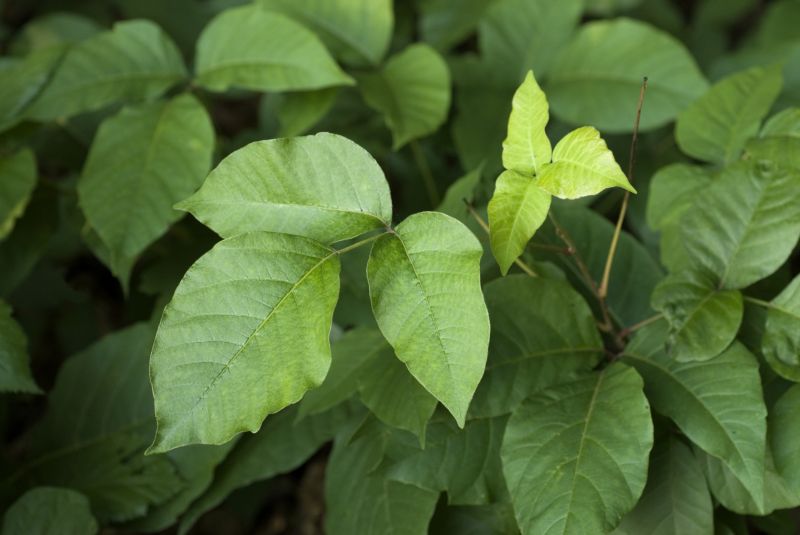
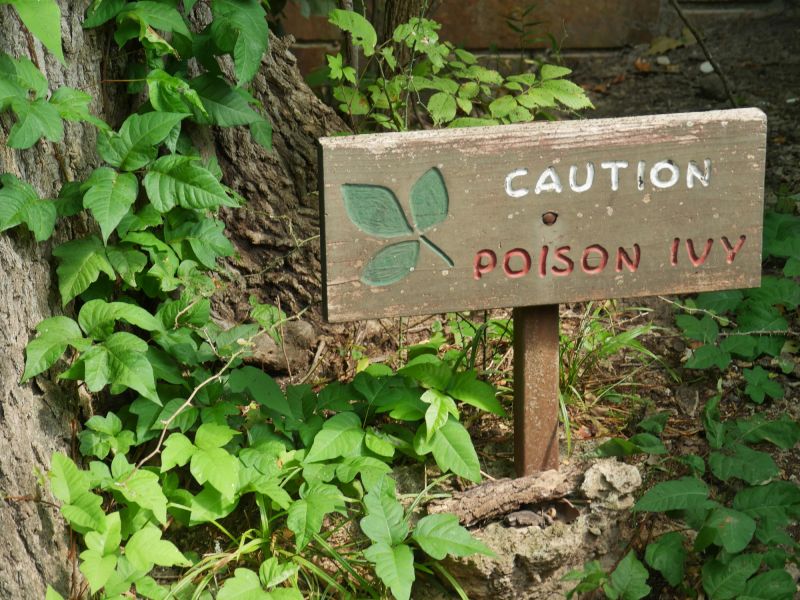
Poison ivy can quickly become a concern for property owners in Delaware County, PA, especially when it starts to spread across lawns, fences, or along walkways. Homeowners often seek professional removal services after noticing the plant encroaching on outdoor spaces used for recreation or relaxation, reducing the risk of skin irritation or allergic reactions. Local contractors experienced in poison ivy removal can safely and effectively handle overgrown patches, helping to maintain a safe and comfortable outdoor environment.
In addition, property managers and residents may look for poison ivy removal services when preparing for seasonal activities or landscaping projects. Overgrown vines can pose hazards near play areas, gardens, or along property boundaries, making professional removal a practical choice. Service providers familiar with the area’s landscape can assess the situation and provide tailored solutions to help keep outdoor spaces safe and accessible.
What are the signs of poison ivy in my yard? Common signs include clusters of three-leafed plants with a shiny surface and reddish stems, often found on fences, trees, or ground cover.
How do local contractors typically remove poison ivy? They often use manual removal methods, herbicides, or a combination of both to safely eliminate poison ivy from the property.
Is it necessary to wear protective gear during poison ivy removal? Yes, protective clothing such as gloves, long sleeves, and eye protection is recommended to prevent skin contact with the plant's oils.
Can poison ivy grow back after removal? Yes, if roots or underground parts remain, poison ivy can regrow, so proper removal techniques are important for long-term control.
What should I do if I suspect poison ivy contact on my skin? Wash the affected area thoroughly with soap and water as soon as possible to reduce the risk of a rash or irritation.
Prevent Property Damage - Removing poison ivy can protect outdoor structures, decks, and fences from potential damage caused by plant growth.
Enhance Safety - Clearing poison ivy from walkways and yard areas reduces the risk of skin irritation and accidents for family and visitors.
Improve Curb Appeal - Managing poison ivy growth helps maintain a neat and attractive lawn or landscape for everyday enjoyment.
Create Play Areas - Removing poison ivy from yards makes outdoor spaces safer and more inviting for children and pets to play.

If you are thinking about Poison Ivy Removal for a property in Delaware County, PA, this guide is meant to help you understand the work, the typical project types, and how different options might fit your plans.
When you are ready, you can use the quote form on this page to share a few details about your project. From there, local pros can review the basics and respond with options that match what you have in mind.



